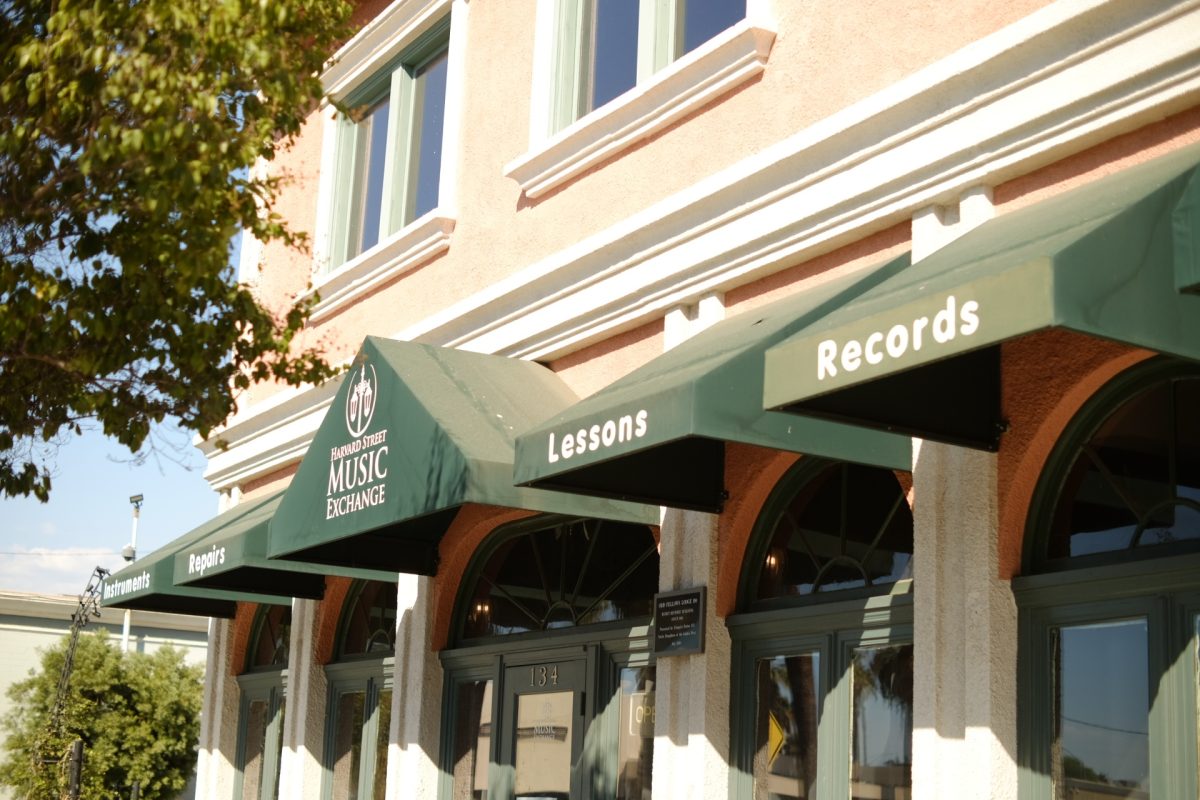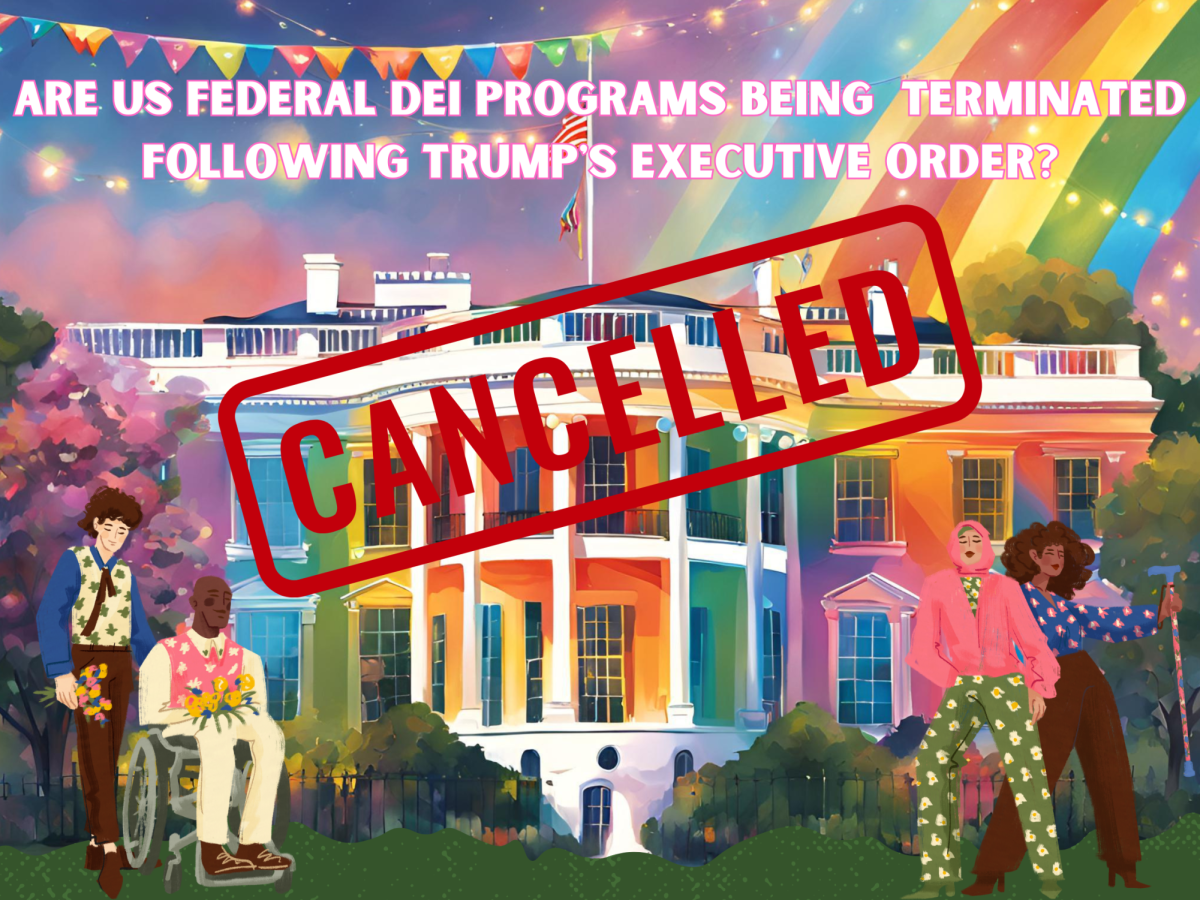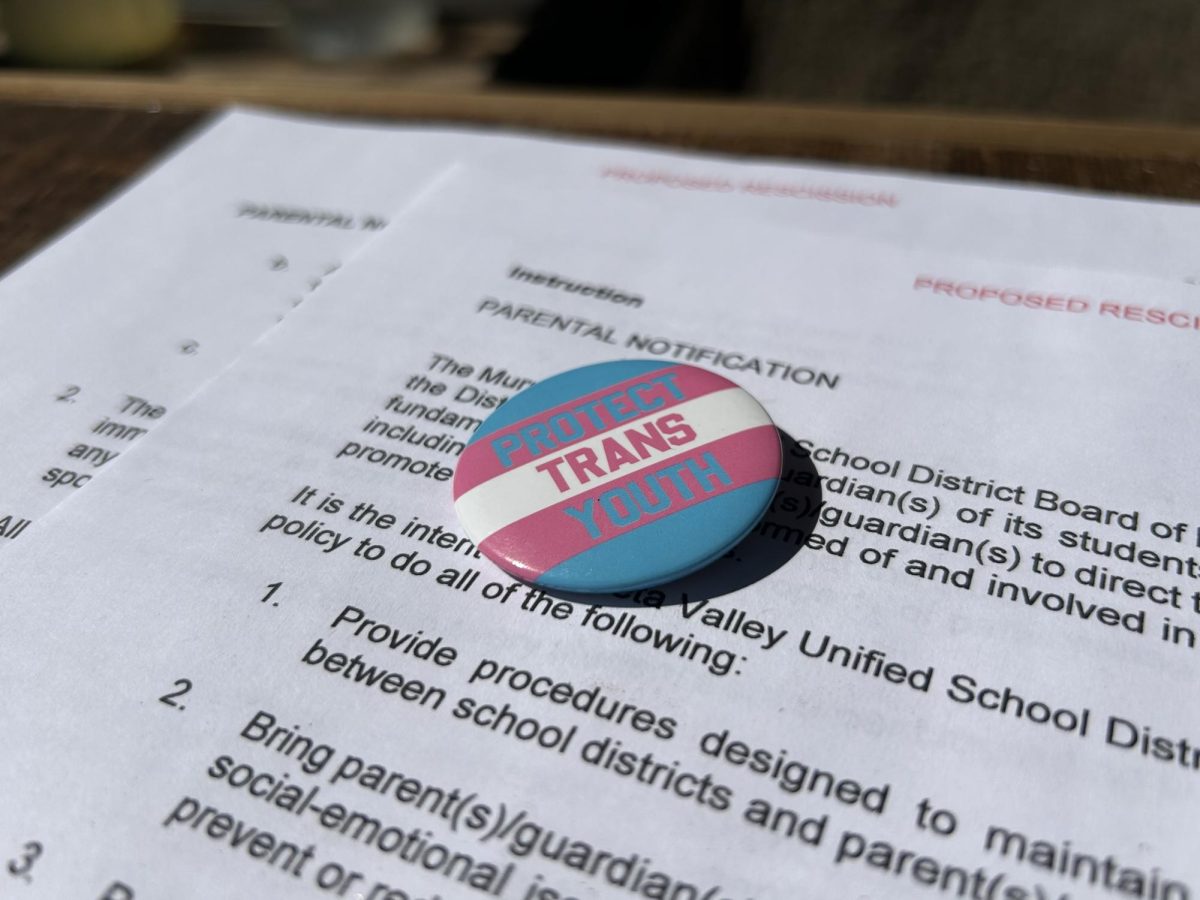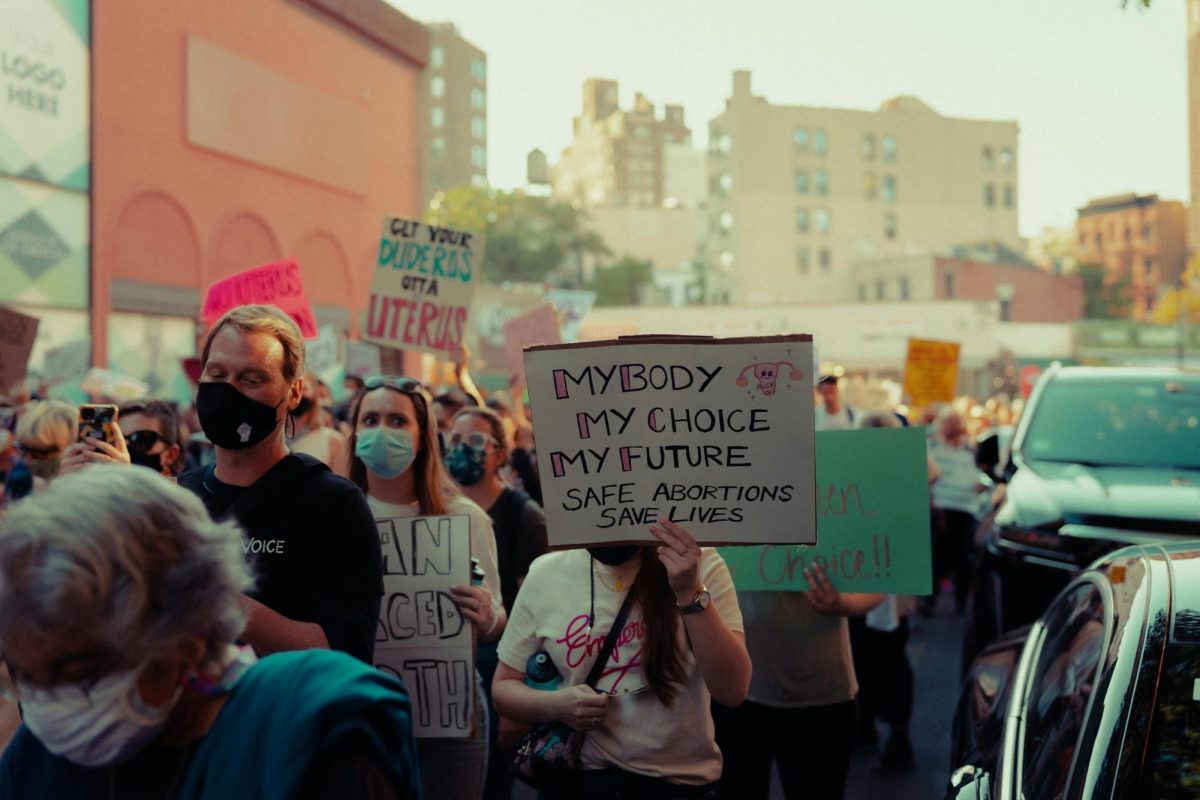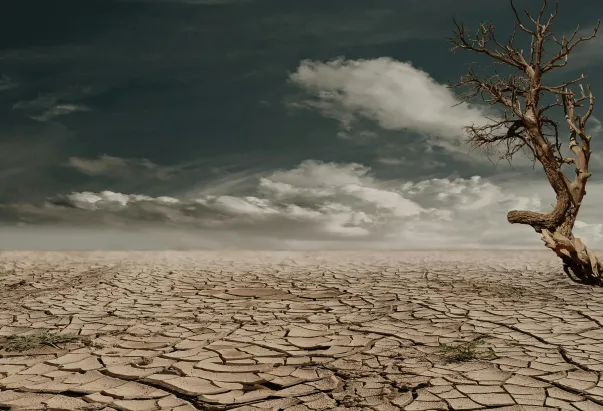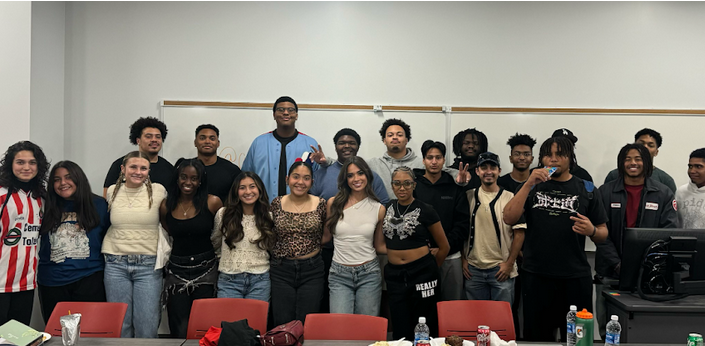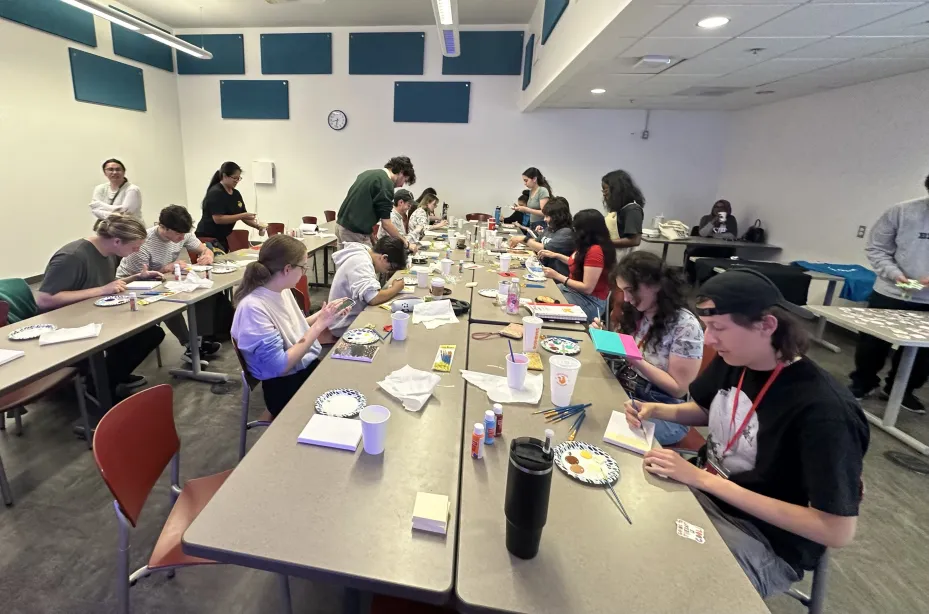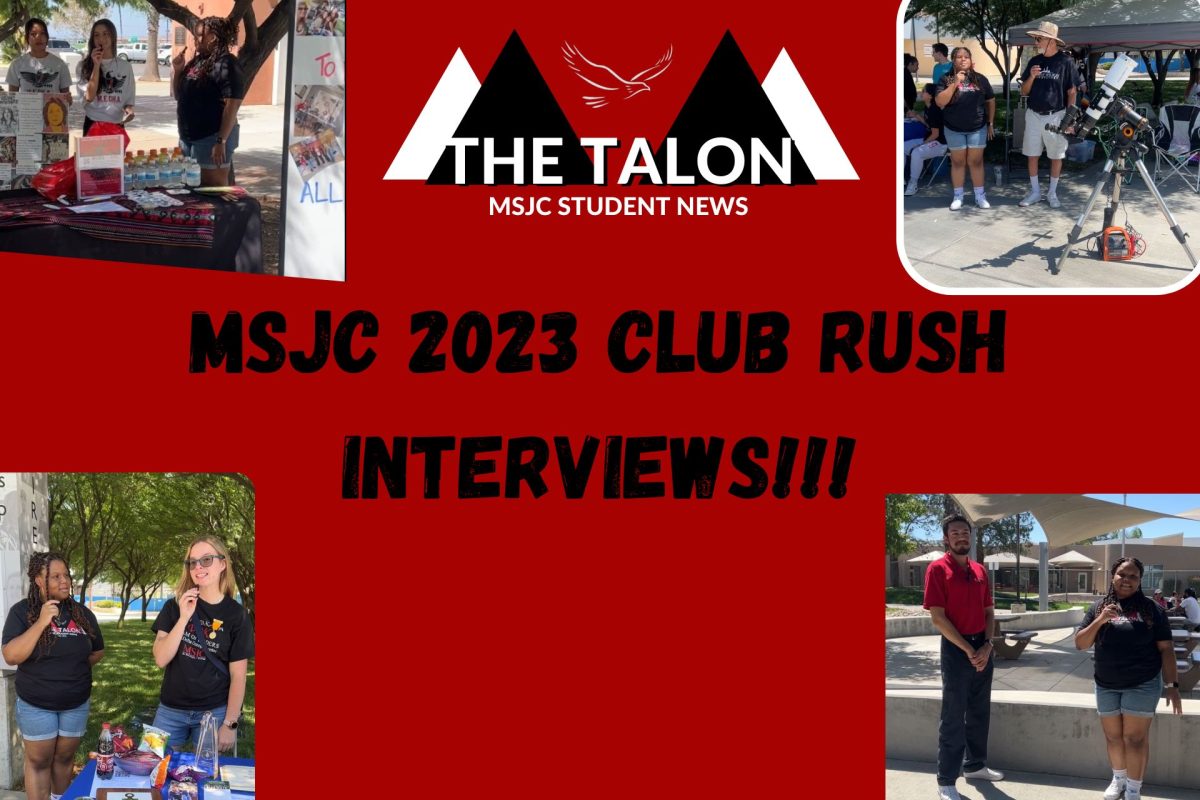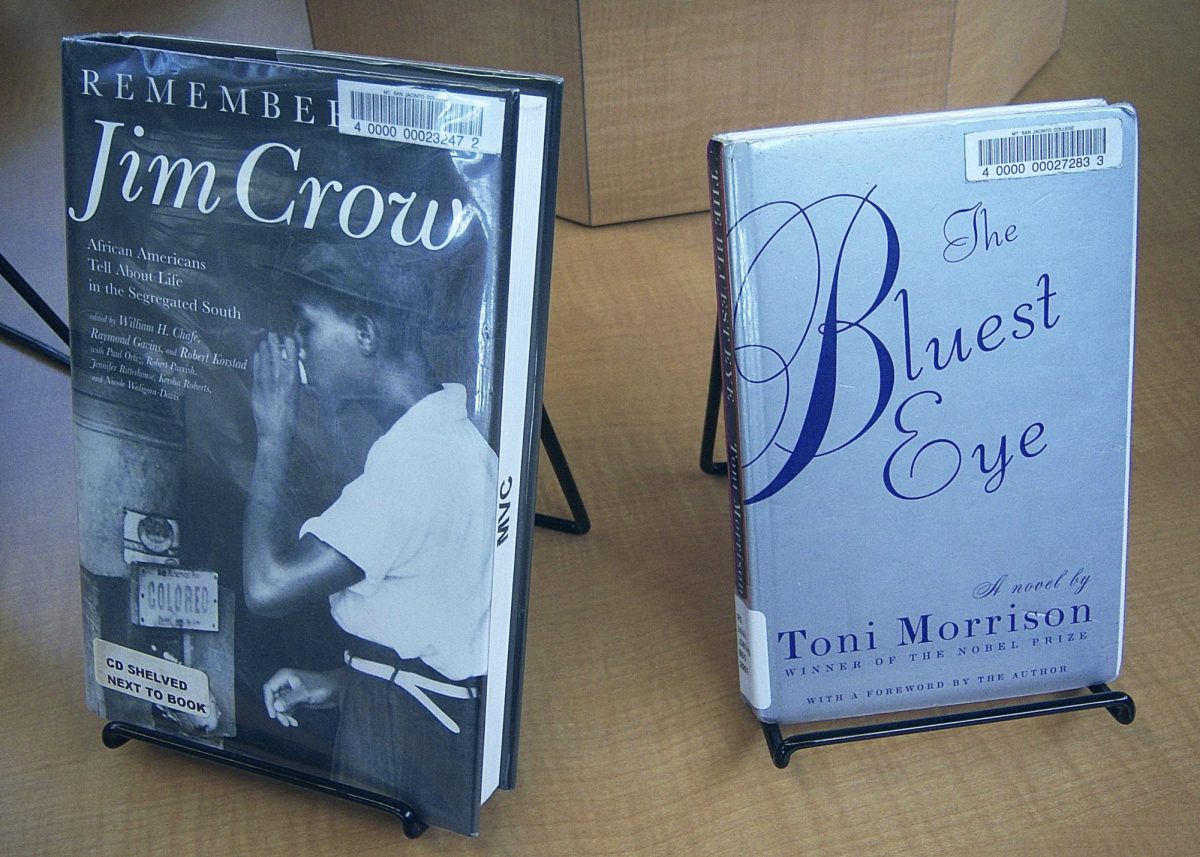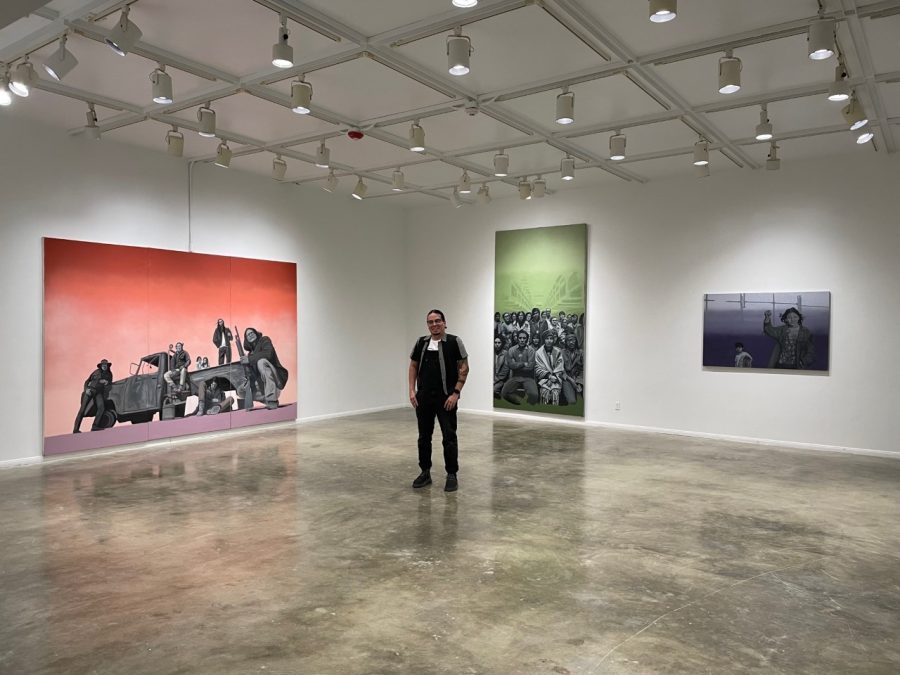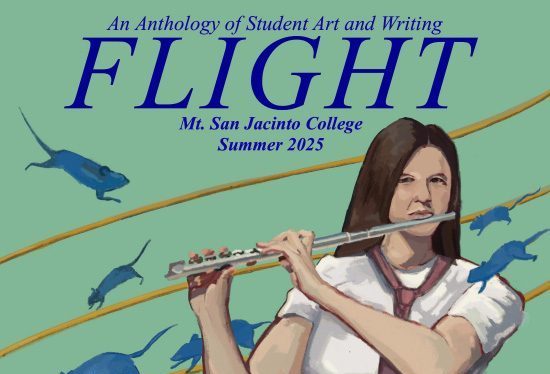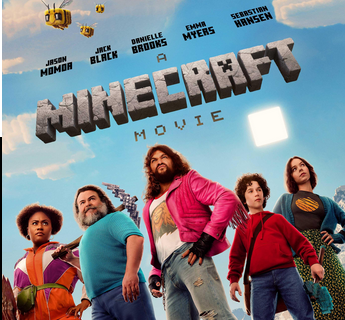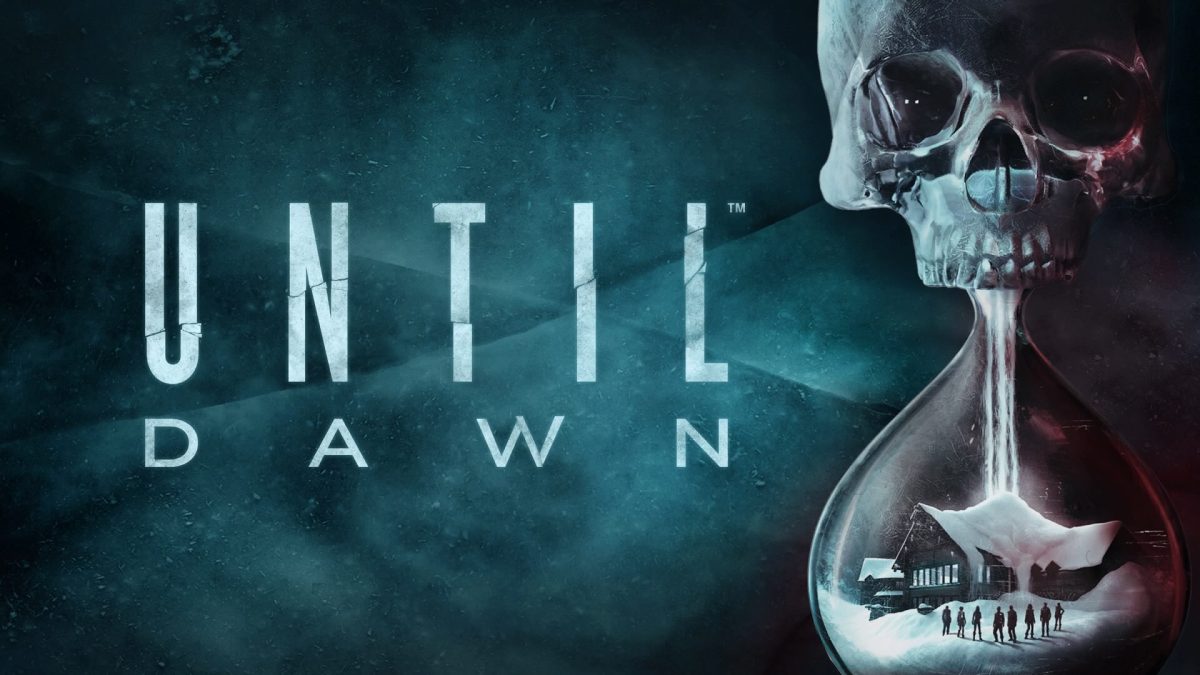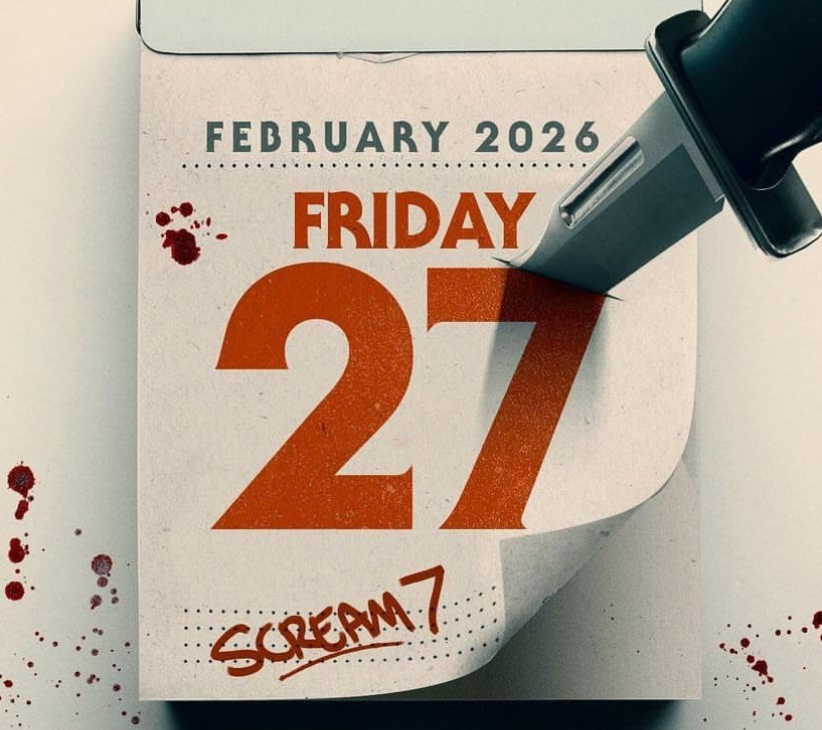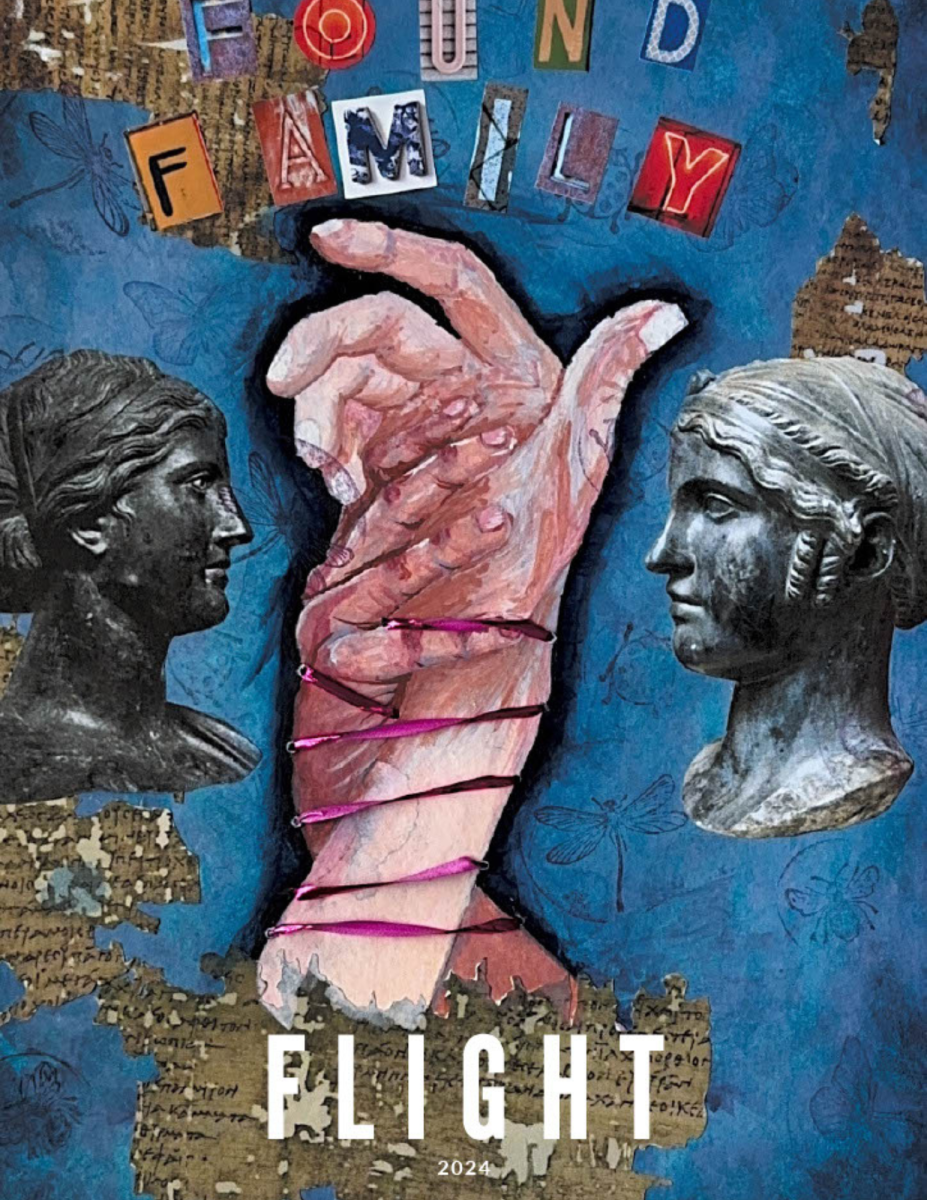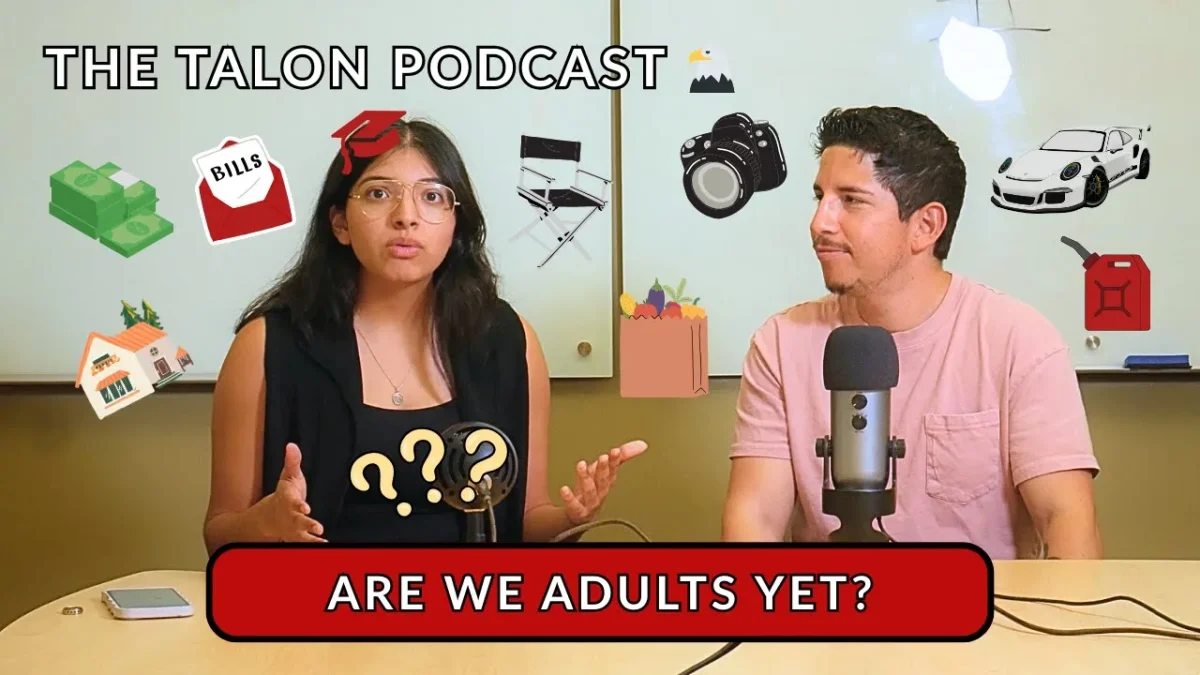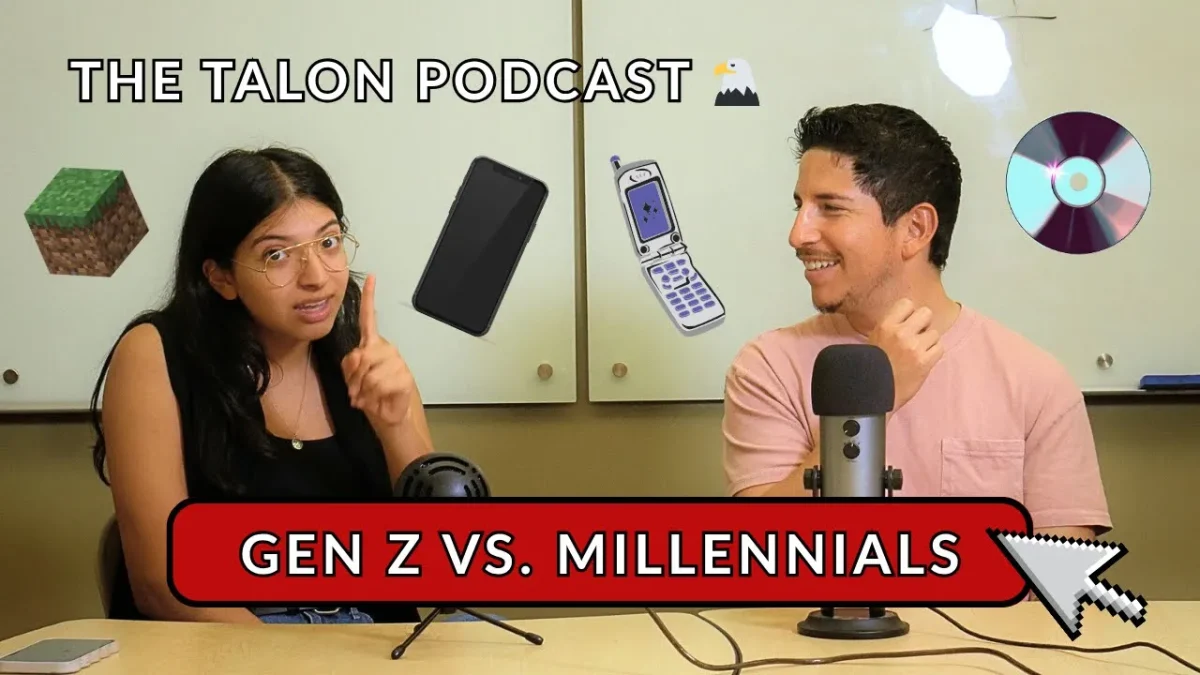Why do modern movies feel so stale? Movies have transitioned from suspense at the cinemas to another night on the couch. Coupled with the fact that movies rely on sequels or adaptations to maintain their audience, there needs to be more room or budget for new original works of art. Cinemas can barely keep themselves afloat while promoting movies filled with empty seats. At the same time, producers are struggling to create new original work while movies are facing an identity crisis on what they want to become.

Movies have come a long way from what they once were. The early 1900s welcomed the era of black-and-white films and the beginning of cartoons, and they only advanced from there. Today, movies use advanced CGI to blend real life and fantasy, while cartoons are life-like and feel like they can come right out of the screen. Movies use the most cutting-edge technology to create their films. According to the Nashville Film Institute, the average cost to produce a film is between $100 million and $150 million. Movies can be produced below this average, but it hovers around this range. Despite these advances and mass amounts of money being poured into these movies, no one is watching.
It should come as no surprise that many movies have been created from adaptations of books and video games ever since they hit the big screens. The difference between then and now is the rate at which adaptations are produced. The Super Mario Movie and Barbie are two top box office successes that prove this is where the money is. The film industry uses tactics of nostalgia to create sequels or prequels that keep their top sellers selling. For example, Disney is working effortlessly to keep ToyStory relevant to sell their product because if their relevancy fades so will their revenue from that IP. This is why a new ToyStory needs to be produced every few years. Producers are no longer taking their time and are taking a quantity-over-quality approach. More movies must mean more money, but here is what the audience has to say, “I don’t want to have to watch another sequel. They are bland and mindlessly re-use assets of the first movie with no new story aspect. All the new original movies released feel rushed despite having massive budgets; it makes you wonder if the money is going into the movies or their pockets.” The industry needs to shape what future movies need to be or face losing their loyal audience to other forms of media like television series.
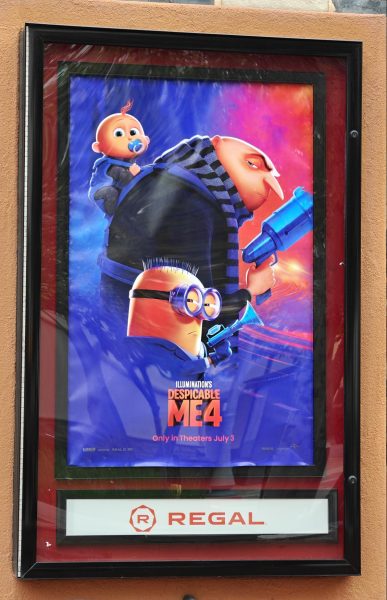
Movie theaters are also being affected by the industry. Regal Cinemas has been facing financial troubles post-pandemic and declared bankruptcy in 2022. Thirty-nine movie theatres will close in the United States. A manager at the Temecula Regal Cinema had this to say regarding her location, “Our cinema does well in terms of foot traffic, and the weekends can get busy, but not like it used to. Pre-covid, our lines would reach the end of the ropes when a new movie came out, but we don’t see lines like that too often.” When asked where they think their issues lay, they stated, “Netflix, Disney, any online movie distributor. The pandemic saw a rise in online movie streaming and a decline in cinemas; we never fully recovered. Movies can also be viewed as expensive tickets coupled with pricy snacks and drinks. I like working here. I remember the cinemas during my childhood, but movies are not like what they used to be and we all know that.” Cinemas like Regal are losing their customers to online streaming services that are cheaper and readily available. These services don’t care if a movie does well or not. They don’t lose money on promoting bad movies because they can remove them at any time while theaters are stuck promoting the movies no one wants to watch.
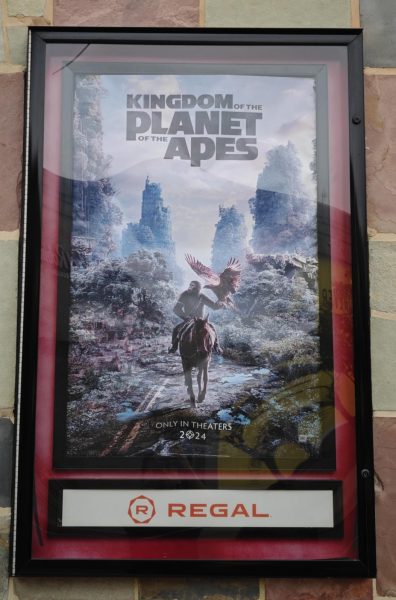
Movies are facing an identity crisis on what they want to become. The film industry is grasping at straws when creating original films in hopes of new characters sticking. They rely on adaptations, prequels, and sequels to continue profiting from those IPs, resulting in movies losing their luster. Movies are bland and identical, following the same tropes and characters that have carried them all this way. Cinemas know this and are taking the brunt force of it. Ticket sales dwindle as they promote movies of no interest, resulting in a loss of profit. The industry is losing touch with its audience, and the results of its productions make this apparent. I will end with a quote from the Regal manager, “Movies are not dying, they are transforming. I have been here long enough to know that times like this have happened. We hope to bounce back once movies bring back that spark and take shape. Only then will people come back.”


